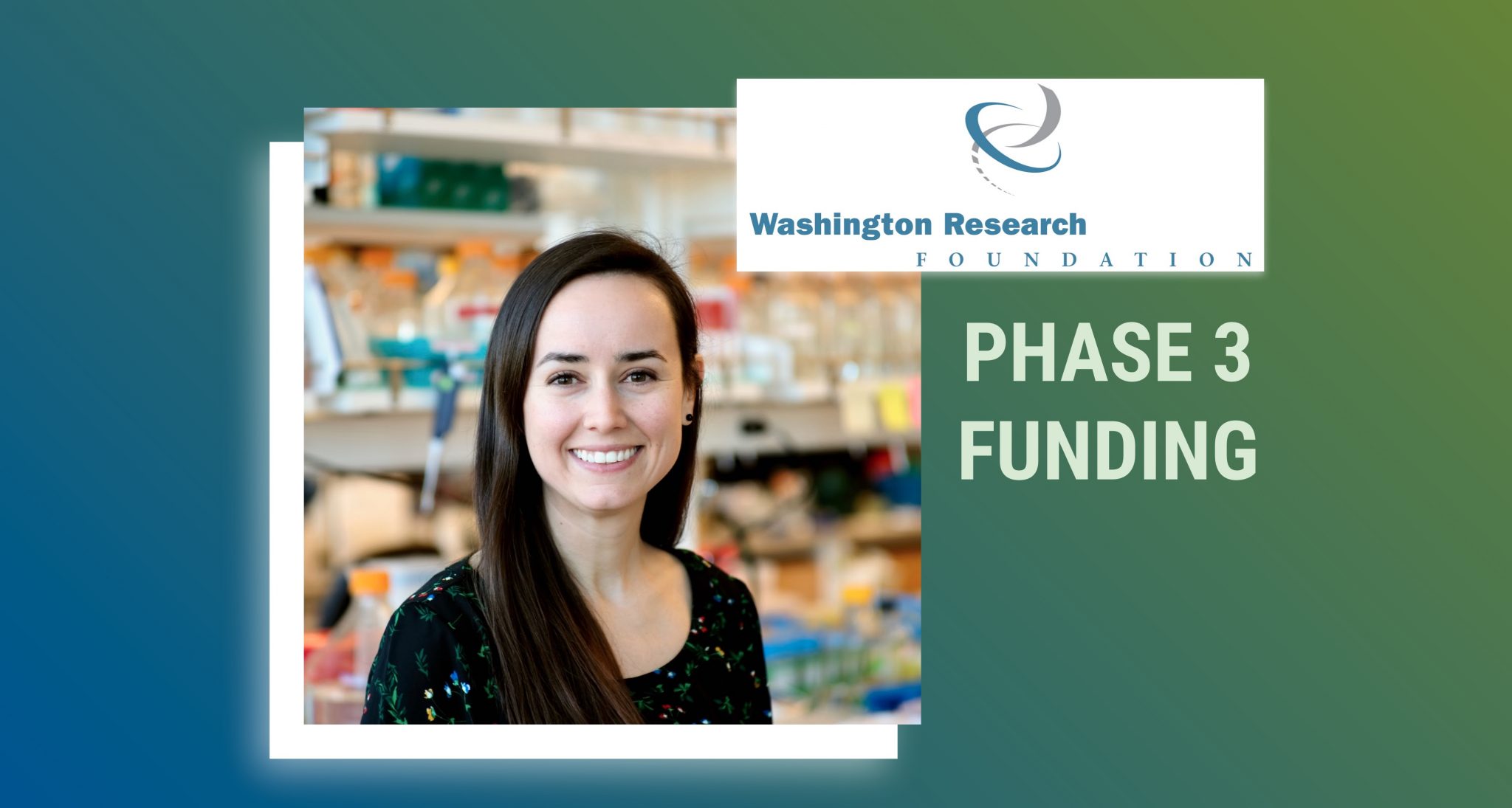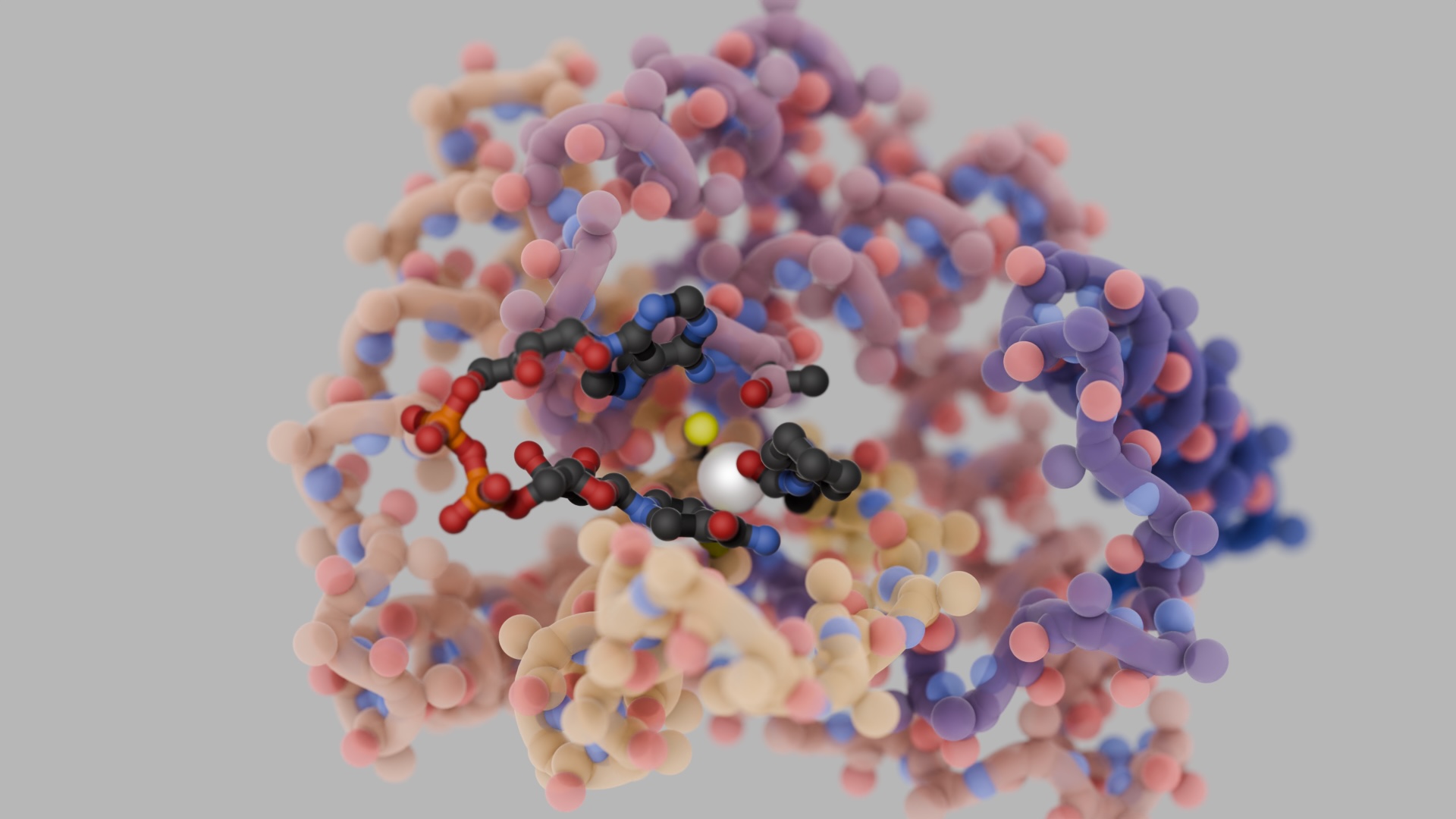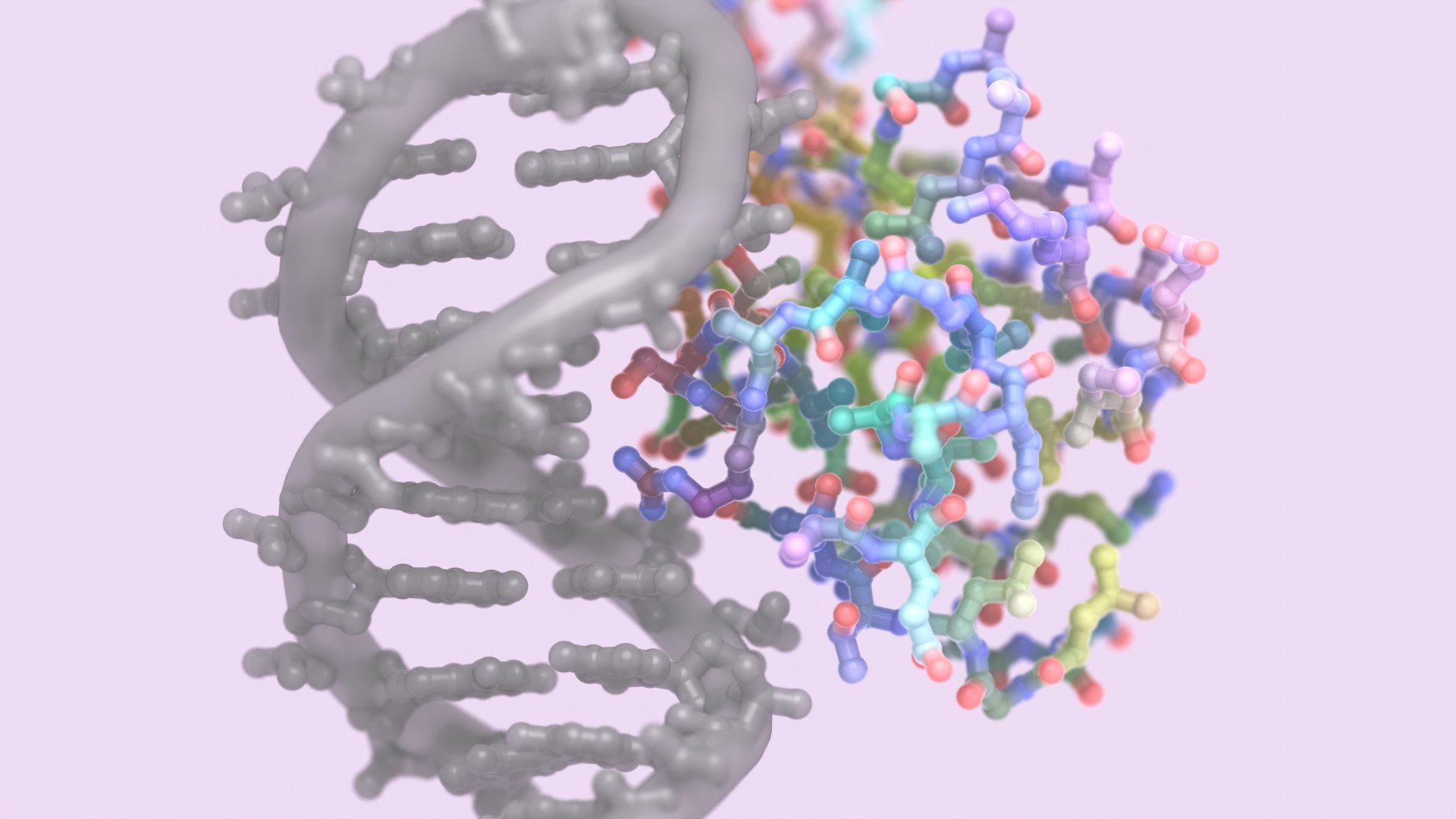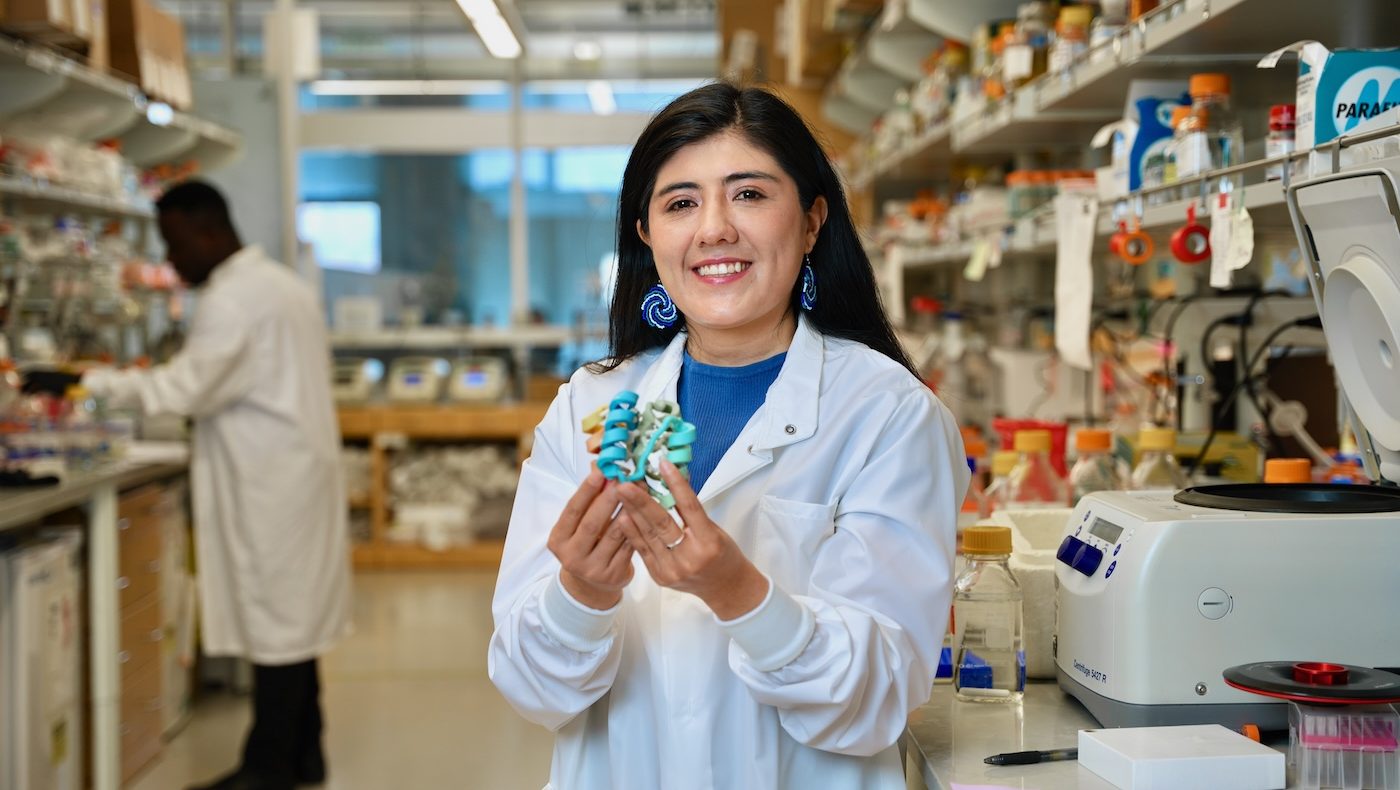Washington Research Foundation (WRF) has awarded a $700,000 phase three technology commercialization grant to Stephanie Berger, Ph.D., to support the development of an oral biologic for inflammatory bowel disease (IBD). Berger, a translational investigator at the Institute for Protein Design, received two previous grants totaling $300,500 from WRF for this work.
IBD affects roughly three million people in the United States, and rates of diagnosis are increasing. IBD is characterized by chronic inflammation of the gastrointestinal (GI) tract that results in abdominal pain and bloody diarrhea, leading to poor quality of life, malnutrition and dehydration. Severe cases can require parenteral nutrition or bowel resection surgery. Untreated IBD leaves patients at high risk of colorectal cancer.
The standard of care for patients with IBD is oral steroids and broadly immunomodulating small molecules for mild to moderate disease, and injectable biologics for moderate to severe disease. These therapies act by systemic suppression of the immune system, which increases the patient’s risk of serious
infections.
With the assistance of earlier grants from WRF, Berger has been developing an oral biologic for IBD that specifically targets interleukin-23 receptor (IL-23R) in the gut. IL-23R is an established target in autoimmune diseases including IBD; blocking it can relieve or eliminate IBD symptoms. Local delivery to the site of inflammation by oral administration can improve safety and convenience compared to systemic injectables. Oral administration of biologics is challenging because most molecules will degrade in the harsh conditions of the gut. Berger and her colleagues at the IPD have developed de novo proteins resistant to gastrointestinal conditions to address this limitation and enable the therapy to retain its efficacy as it reaches its target.
“The WRF has hugely impacted the trajectory of this project, and we are grateful for their continued support,” said Berger. “An oral IL-23R inhibitor can provide biologic-like therapy to IBDpatients with mild to moderate disease who don’t qualify for systemic biologics, and a safer, locally active and convenient alternative to systemic antibodies for patients with moderate to severe disease. We are dedicated to developing this much-needed alternative therapy for IBDand are delighted to receive the WRF’s technology commercialization grant to help us advance to the clinic.”
WRF’s earlier funding enabled Berger and her team to identify and characterize lead candidates, demonstrate their potential as an effective treatment for IBD in vitro and develop methods for manufacturing the inhibitor. The next phases of her research will include demonstration of the biologic’s efficacy in vivo compared with competing therapeutics, and the further development of a commercially viable manufacturing process. She expects to complete these steps by the end of 2022.
“We are delighted to see the progress that this project has made with successive rounds of WRF support. The work draws upon the deep expertise of the IPD in developing novel proteins with enormous therapeutic potential,” said Meher Antia, Ph.D., WRF’s director of grant programs.
About Washington Research Foundation:
Washington Research Foundation (WRF) supports research and scholarship in Washington state, with a focus on life sciences and enabling technologies. WRF was founded in 1981 to assist universities and other nonprofit research institutions in Washington with the commercialization and licensing of their technologies. WRF is one of the foremost technology transfer and grant-making organizations in the nation, having earned more than $445 million in licensing revenue for the University of Washington and providing over $124 million in grants to the state’s research institutions to date.
WRF Capital, a reserve pool of funds for investing in early-stage Washington state companies, has backed 114 local startups since 1994. Returns from these investments support the Foundation’s mission.
For additional information, please visit wrfseattle.org





